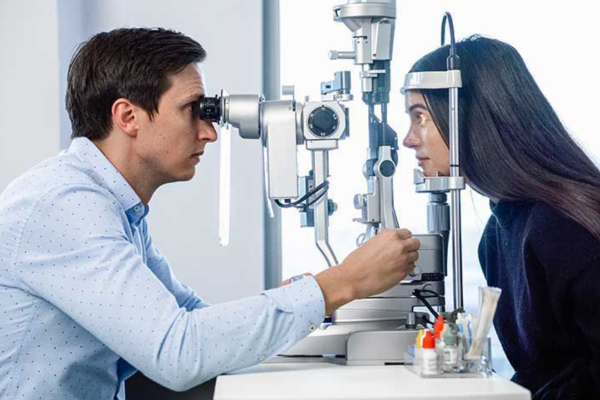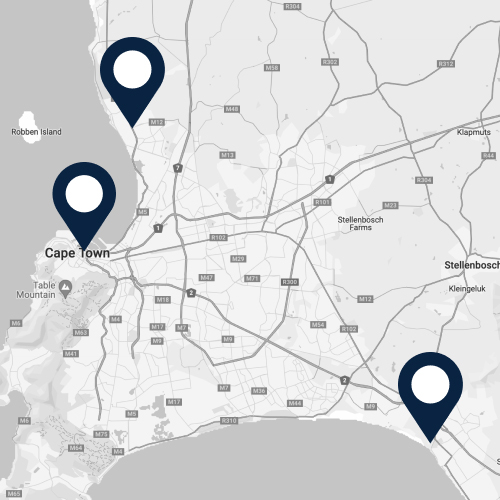As seen in
As seen in
PRK FAQ: Your Guide to Clear Vision Without Glasses
Explore the benefits of PRK eye surgery and get answers to all your questions about this treatment.
3 simple steps to unlock your vision’s full potential
Navigating the world of laser eye surgery can feel like a maze. We’ve streamlined the process, making your path to clear vision simple


REACH OUT
Wondering if laser eye surgery is your ticket to a life without glasses or contacts? The journey begins here. Connect with our welcoming team via +27 21 802 2572 for Foreshore & Blaauwberg or +27 21 802 2853 for Somerset West or effortlessly book your free video call online. It’s your first step towards clarity.


LET’S CHAT
During your appointment, we dive deep into your vision goals and lifestyle needs. You’ll get all your questions answered and receive personalised advice on the best laser vision correction options for your unique eyes. Walk away with confidence, armed with knowledge about your path forward.


EMBRACE YOUR NEW VIEW
Join the ranks of thrilled patients who marvel at how quickly and profoundly their lives have improved post-treatment. Most wish they’d made the leap sooner. Saying ‘yes’ to laser eye surgery means saying ‘hello’ to newfound freedom and ‘goodbye’ to the hassles of glasses and contacts. Ready to see the world through a new lens?
Countless success stories: Breaking free from glasses and contacts
Learn how you can ditch your dependence as well with laser eye surgery in Cape Town
We answer your questions about vision correction treatment in Cape Town
Get a quick overview of everything you need to know about restoring your vision

Hi, I’m Daemon McClunan
I’m proud to be the founder of both the Atlantic Eye Centre, a leading eye specialist centre; and LIQID Medical Pty, an award-winning biotech company. My passion for research and innovation has led me to create four patented devices, and earn various prestigious awards during my specialist training.
With a medical degree from Stellenbosch University, a specialist degree from the University of Cape Town, and experience working in renowned Laser Eye Surgery centres in Canada, Germany, India and London, I’m dedicated to providing top-tier care.
Beyond the clinic, I’ve embarked on humanitarian missions, travelling over 15,000km by motorbike to provide rural eye screenings. In my downtime, I love mountain biking, diving, and spending quality time with my family.
My goal is to provide a world-class service which ensures every patient leaves my practice feeling happier than when they first walked in.
Dr Daemon McClunan
MBChB(SU), DipOphth(SA), MMed(UCT), FcOphth(SA)

Hi, I’m James Beatty
I pride myself on providing exceptional eye care with state-of-the-art equipment and a team dedicated to excellence. With a focus on refractive surgery, I bring years of experience and expertise to each patient’s journey towards clearer vision.
As an active member of esteemed Ophthalmologist societies including the Ophthalmological Society of South Africa and the South African Society of Cataract and Refractive Surgery, I stay abreast of the latest advancements in the field.
Additionally, my affiliation with the Health Professions Council of South Africa and the South African Glaucoma Society underscores my commitment to upholding the highest standards of care.
With a passion for laser surgery, I strive to deliver optimal outcomes for every patient.
Dr James Beatty
MB ChB (UCT) FCS (SA) Ophth MMed (Stel) Ophth















